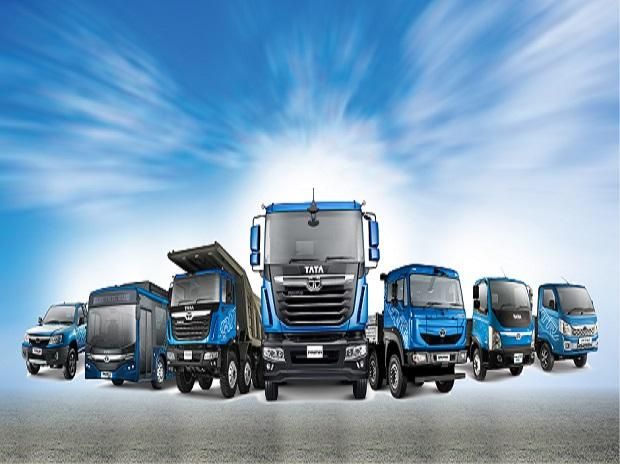Light commercial vehicles have emerged as an essential asset for entrepreneurs, traders, and logistics providers in Morocco. LCVs offer a unique blend of affordability and durability, making them especially well-suited to Morocco’s diverse road conditions. For many Moroccan enterprises, LCVs deliver more than just mobility; they provide long-term value that helps sustain profitability and growth.
Here are the reasons why LCVs are increasingly seen as a smart, long-term investment in Morocco:
Affordability
For Moroccan businesses, cost is a key factor in any investment decision. Light commercial vehicles strike the perfect balance between affordability and functionality. Compared to heavy trucks, they require a much smaller upfront investment while still offering substantial cargo capacity. A shop owner in Casablanca, for instance, can use an LCV to restock goods daily without incurring the high costs of operating a full-sized truck.
Reduced operating costs
One of the most significant advantages of light commercial vehicles in Morocco is their excellent fuel economy. With fluctuating fuel prices, operating costs can quickly eat into business profits. LCVs are designed to maximise efficiency; they offer significantly better mileage than heavier commercial vehicles. It is particularly beneficial for businesses involved in last-mile delivery or logistics, where vehicles are frequently on the road.
Durability
Morocco’s geography is as diverse as its economy. Smooth highways connect major cities, but rural and mountainous regions often have roads that are challenging to navigate. For many businesses, having a vehicle that can handle both conditions is essential. LCVs are built with durability in mind. The strong suspension systems and higher ground clearance allow them to navigate unpaved rural tracks and congested city streets with equal ease.
Ample cargo space
Narrow streets and heavy traffic often characterise urban Morocco. Larger trucks face challenges manoeuvring in such areas, while passenger cars lack sufficient cargo space. Light commercial trucks strike the right balance; they are compact enough to move through congested roads, yet spacious enough to carry significant loads. For businesses delivering goods within cities, this advantage is invaluable.
Accessibility
Unlike heavy trucks that often require special permits or face restrictions in certain city zones, light commercial vehicles enjoy greater accessibility. In Morocco, this means fewer regulatory hurdles for business owners. Their classification as light vehicles makes them easier to operate, and in many cases, drivers with a standard license can legally drive an LCV.
Long-term value
Beyond purchase and fuel savings, maintenance plays a crucial role in the long-term value of a vehicle. Light commercial vehicles such as TATA trucks are designed for reliability, with parts that are easy to service and widely available in Morocco. Regular servicing is more affordable for regular vehicles compared to those of heavy-duty use.
Conclusion
Light commercial vehicles are more than just a practical choice for Moroccan businesses; they are a long-term investment that delivers sustained value. LCVs are ideal to meet the unique needs of Morocco’s economy. For small and medium enterprises, especially, the decision to invest in an LCV is not just about mobility.





Comments